Code Switch
One of the goals of The Banquet Network is to inspire people and churches to consider people with disabilities as a people group. We are urged to this by the example of Jesus who refers to the poor, the crippled, the lame, and the blind as identifiable categories of people (see Luke 14:13). We want to notice people and social dynamics like Jesus did. We want others to see the distinct characteristics of people with disabilities, how they relate to the world, and how they relate to others.
People groups, can be characterized by language, geographic location, position in society, and shared history and culture (1).
Culture defined:
The customary beliefs, social forms, and material traits of a racial, religious, or social group; the characteristic features of everyday existence (such as diversions or a way of life) shared by people in a place or time (2).
We can observe from these definitions that those affected by disabilities compose a people group with a distinct culture. There are many features of disability culture that can be highlighted but in this post we want to zero in on a defining cultural mark of the disability community: code switching.
Code Switching:
The modifying of one's behavior, appearance, etc., to adapt to different sociocultural norms. (3)
For individuals affected by disability and for their loved ones, it is a daily, complex challenge to navigate a largely inaccessible world; a world built primarily for the majority culture- for those unaffected by disability. As a disabled person, to code switch is to survive.
Physical, emotional, spiritual systems and structures built for the majority can cause major barriers for the disabled.
Physical: buildings, such as churches, may not be safe or easily accessed causing the disabled persons to be prepared with their own solutions
Emotional: persons impacted by disability constantly have to be prepared to explain themselves, cope with non-acceptance, and feel misunderstood. The vast majority are not affected by disability and when confronted with it, they may project an harmful emotional response.
Spiritual: the disability community regularly deals with countless barriers that exist in and outside of Church. Instead of reaching out for fear of being misunderstood, the individual may look inward and suffer in their spiritual journey with God.
Code switching for a person with a disability is not unlike the experience that a person from a minority culture, ethnicity, or socioeconomic class may encounter.
It is an exhausting challenge to constantly work to assimilate into the majority culture. One of the under-appreciated challenges of disability is that it can be extremely exhausting. It takes a lot of work. Can we, as the Church, bear some of this burden by crossing cultures and making the Church accessible to people with disabilities. Can we do the same with ethnic minority cultures? With the poor? May we forsake any temptation to be exclusive in our Christian communities and instead proclaim and demonstrate God’s love and acceptance for all people groups and all cultures.
References:
https://www.lausanne.org/content/hidden-forgotten-people-including-disabled-lop-35a
Merriam-webster.com
dictionary.com
